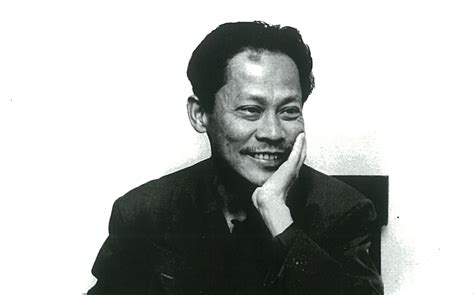A Quote by Margaret Laurence
It is my feeling that as we grow older we should become not less radical but more so. I do not, of course, mean this in any political-party sense, but rather in a willingness to struggle for those things in which we passionately believe. Social activism and the struggle for social justice are often thought of as the natural activities of the young but not of the middle-aged or the elderly. In fact, I don't think this was ever true.
Quote Topics
Activism
Activities
Aged
Any
Become
Believe
Course
Elderly
Ever
Fact
Feeling
Grow
In Fact
Justice
Less
Mean
Middle
Middle-Aged
More
Natural
Often
Older
Party
Passionately
Political
Radical
Rather
Sense
Should
Social
Social Activism
Social Justice
Struggle
Things
Think
Those
Thought
True
Which
Willingness
Young
Related Quotes
Condemning class struggle does not mean condemning every possible form of social conflict. Such conflicts inevitably arise and Christians must often take a position in the "struggle for social justice." What is condemned is "total war," which has no respect for the dignity of others (and consequently of oneself). It excludes reasonable compromise, does not pursue the common good but the good of a group, and sets out to destroy whatever stands in its way.
As we grow older we become more conscious of the complexity, incoherence, and unreasonableness of human beings; this indeed is the only excuse that offers for the middle-aged or elderly writer whose thoughts should more properly be turned to graver matters, occupying himself with the trivial concerns of imaginary people.
So as a nation, we have a right to be very proud of the successes that we have seen because of the struggle of millions of people to create a less discriminatory society. That is something we should be proud of, but there is one struggle in which not only have we not succeeded but in which we are losing ground and that is the fundamental struggle for economic justice.
Anarchism asserts the possibility of an organization without discipline, fear, or punishment, and without the pressure of poverty: a new social organism which will make an end to the terrible struggle for the means of existence, --the savage struggle which undermines the finest qualities in man, and ever widens the social abyss. In short, Anarchism strives towards a social organization which will establish well-being for all.
The working classes in every country only learn to fight in the course of their struggles...Social democracy...is only the advance guard of the proletariat, a small piece of the total working masses; blood from their blood, and flesh from their flesh. Social democracy seeks and finds the ways, and particular slogans, of the workers' struggle only in the course of the development of this struggle, and gains directions for the way forward through this struggle alone.
Schools should be democratic public spheres. They should be places that educate people to be informed, to learn how to govern rather than be governed, to take justice seriously, to spur the radical imagination, to give them the tools that they need to be able to both relate to themselves and others in the wider world. I mean, at the heart of any education that matters, is a central question: How can you imagine a future much different than the present, and a future that basically grounds itself in questions of economic, political and social justice?
Now culture being a social product, I firmly believe that any work of art should have a social function to beautify, to glorify, to dignify man... Since any social system is forced to change to another by concrete economic forces, its art changes also to be recharged, reshaped, and revitalized by the new conditions... The making of a genuine artist or writer is not mysterious. It is not
the work of Divine Providence. Social conditions, history, and the people's struggle are the factors behind it.





































